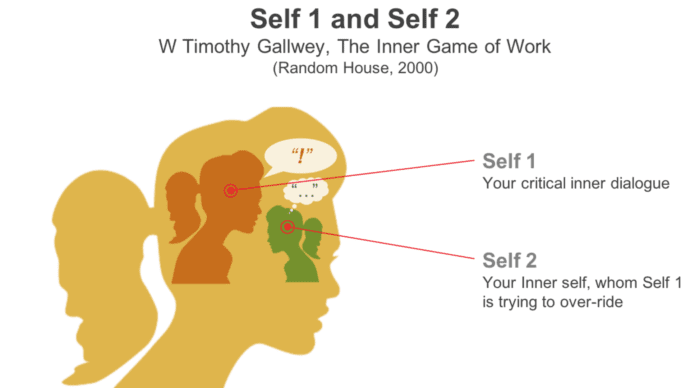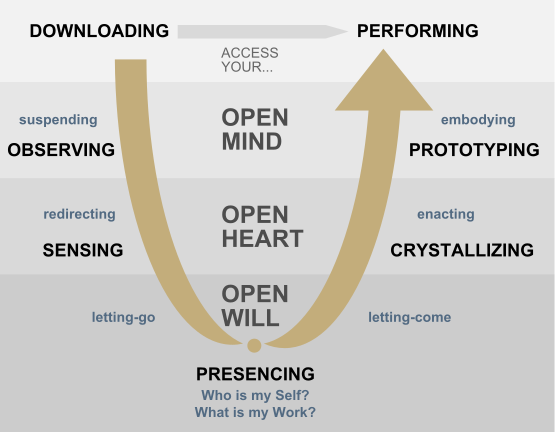My 24 coaches: 1. Earth, 2. Water, 3. Air, 4. Fire, 5. Sky, 6. Moon, 7. Sun, 8. Pigeon, 9. Python, 10. Ocean, 11. Moth, 12. Bee, 13. Honey-gatherer, 14. Elephant, 15. Deer, 16. Fish, 17. Dancing-girl Pingala, 18. Raven, 19. Child, 20. Maiden, 21.Serpent, 22. An arrow-maker, 23. Spider and 24. Beetle.
Dattatreya Upanishad
My experience is my coach
Paraphrasing Ramana Maharishi
At Coacharya, we believe that everyone can coach, and as a coach, can heal and lead, if only we allow them to. Animals are great coaches. Humans lack the awareness to be coached by them. Anyone, even a child, can understand and practice coaching.
Unfortunately, the greed for wealth and fame has made coaching elitist and expensive. The principles of coaching are very simple. They are commonsensical. The label of coaching has been made unnecessarily complicated since it has become a profession rather than a vocation.
Coaching is a process in which clients, disempowered with their current situation, cannot resolve the real-life dilemma due to limiting factors that block their aspirational values as unconscious beliefs. Clients need help to move from their unconscious incompetence state to conscious incompetence, where they are aware of their blind spots and limiting beliefs and then move with this awareness to action in a state of conscious competence. By repeated action learning on one’s awareness and insights, clients reach the flow state of a habit in unconscious competence.
Shorn of verbiage, this process reduces to four simple and practical coaching principles. These can be used for any coaching interaction individually, collectively, and systemically, whether training, therapy, consulting, counseling, or whatever names we wish to come up with such as facilitation, etc. These 4 are:
- Intent: Coach explores with clients in unconditional positive regard: Why are you disempowered? What would help you grow? Why? How? What is your purpose? What may be the challenges? What’s your intent? How will you know you’re where you wish to be?
- Safe Space: The coach provides a safe, trusted, confident, and non-judgemental space of partnering presence to help clients reflect and express.
- Communication: The coach listens intently, observing body language, verbal and non-verbal expressions of sensations, emotions, and thoughts, and acknowledges them appreciatively. The coach then inquires and explores curiously, empathetically, and generatively to help the client evoke insights into the unconscious beliefs limiting their aspirational values. In authentic coaching, communication as conversation transcends to communion in energy, as a healing process, almost in silence.
- Hero’s Journey: The coach partners with clients to act on the awareness created as solutions to their issues, supports them to own their actions, and anchors them to overcome challenges on the way, through an appreciative, non-judgemental Hero’s journey.
Once these principles are understood and reflected upon, practicing them is easy. These principles create the Coaching Mindset.
In our experience, once understood, these principles can be used to self-coach. One doesn’t need an external coach, except in difficult situations. With the growing use of artificial intelligence, coaches need to realize that cognitive coaching can be easily replaced by chatbots. Coaches need to be somatically and ontologically trained if they wish to be relevant. These skills seem easier for children and adolescents than conditioned adults.
Coaching needs to be a way of life. Can we behave with the coaching mindset in everyday situations in life and at work? Can we be curious, empathetic, generative, and emotionally intelligent in the way we respond respectfully and appreciatively to spouses and children in life, and to subordinates and peers at work? Can we explore with them how they did what they did, why, and how well, before we start telling them how to do it?

As Timothy Gallewey says in Self 1 and 2 concepts, we know viscerally how to coach, but it’s our ego that becomes the interference in reducing our potential in terms of performance.
I have had learner coaches tell me that exploring client emotions is a waste of time. They say: Sponsors don’t pay for us to explore emotions. They pay for solutions. Then, they should hire a consultant, not a coach. If we ignore the life of a client at home experiencing stresses we do not know about and focus only on how they should perform in the workspace, we are cutting them in halves– focusing on the work half, ignoring the emotions as a parent, spouse, child, or sibling. This will never work.
To become a successful coach, practice upon yourself. Seek authentic feedback from others, who know you and are not dependent on you, or on your blind spots. These are created by beliefs limiting you. They will limit your aspirational values. Reflect on these, experiencing sensations that arise in your body. Stay with them till you gain insights to act upon. Unless you’re able to relieve yourself of your unconscious incompetence, you can never help another with theirs. Coaches need less supervision if they learn to self-coach themselves.

At Coacharya our vision is to democratize coaching by making it available and affordable to everyone on this globe. This is possible if we as Otto Scharmer says transform from our closed minds, hearts, and will, to open minds, hearts, and will, as coaches ought to be.



